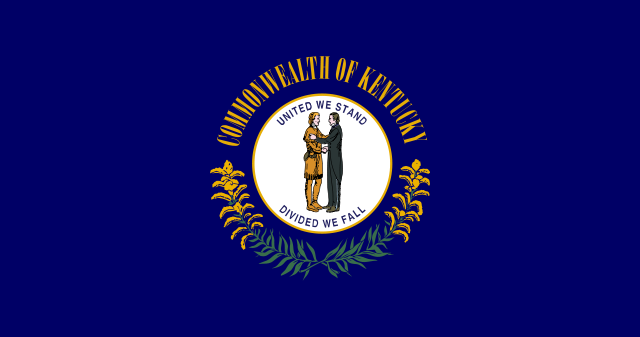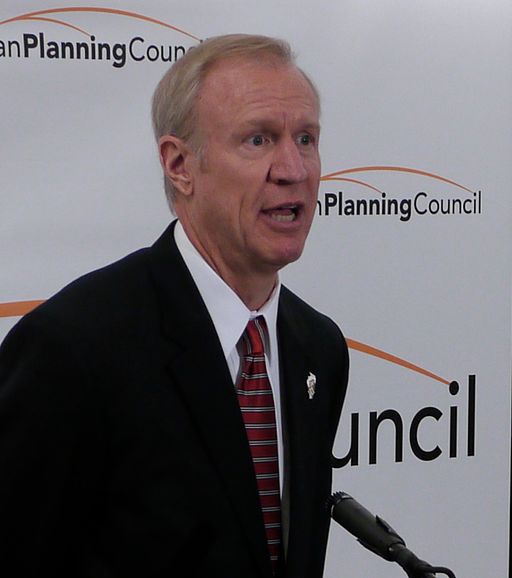
Tom Corbett has until January 20 before Tom Wolf takes over as governor of Pennsylvania. Corbett has spent the last year pushing for pension reform, but the proposed bills never gained traction in the legislature.
Now, a handful of lawmakers are considering quickly putting together and pushing through a pension reform bill — although the odds of it coming together so quickly are unlikely.
From the Pennsylvania Independent:
There’s still technically time for a final drive to pass legislation near and dear to conservatives. Whether lawmakers and outgoing Gov. Tom Corbett use it or just take a knee is the question.
State Sen. Jake Corman, the new Republican majority leader in his chamber, hasn’t ruled out having session days in the two weeks that fall between new lawmakers being sworn in Jan. 6 and Democratic Gov.-elect Tom Wolf taking office Jan. 20.
But, Corman told the PA Independent on Monday, it’s “highly, highly unlikely” legislation as complicated as liquor privatization or pension reform could be ready to sign before Corbett leaves office.
“We may get them started,” said Corman, a Centre County Republican who chaired the Appropriations Committee before ascending to floor leader earlier this month.
For anything to get to Corbett’s desk before his term ends, the state House would also have to convene, and legislation would have to clear both chambers. There’s time for it to happen, but bills would have to move quickly.
State Rep. Dave Reed, R-Indiana, the new House majority leader, has read about Corman’s comments, but said there have been no discussions in the House about a topic that’s quickly become political water cooler talk.
“It seems like an awful lot of folks are talking about it,” Reed said. “I think more folks outside the building than inside the building are talking about it at the moment.”
State Rep. Fred Keller, R-Snyder, said there has been “scuttlebutt” among rank-and-file lawmakers about the possibility of convening during the two-week period known as interregnum.
Keller would “absolutely” be in favor of it, he said, especially if pension reform is addressed. He also sees the controversial paycheck protection as possible legislation that could arise in the final weeks before Wolf takes over.
At least one lawmaker wouldn’t be on board with pushing through pension reform before Wolf takes officer. From the Independent:
Senate Minority Leader Jay Costa, D-Allegheny, has already sounded alarms that having a session before Wolf takes office would be “inappropriate, unprecedented and inexcusable.”
“The ill-conceived idea to empower and use an unaccountable governor in his last days in office to revive already rejected policies would be viewed as an act of desperation and a serious blow to reform,” Costa said in a written statement. “I would be very surprised if Governor Corbett would allow himself to be used by Republican leadership in this way.”








